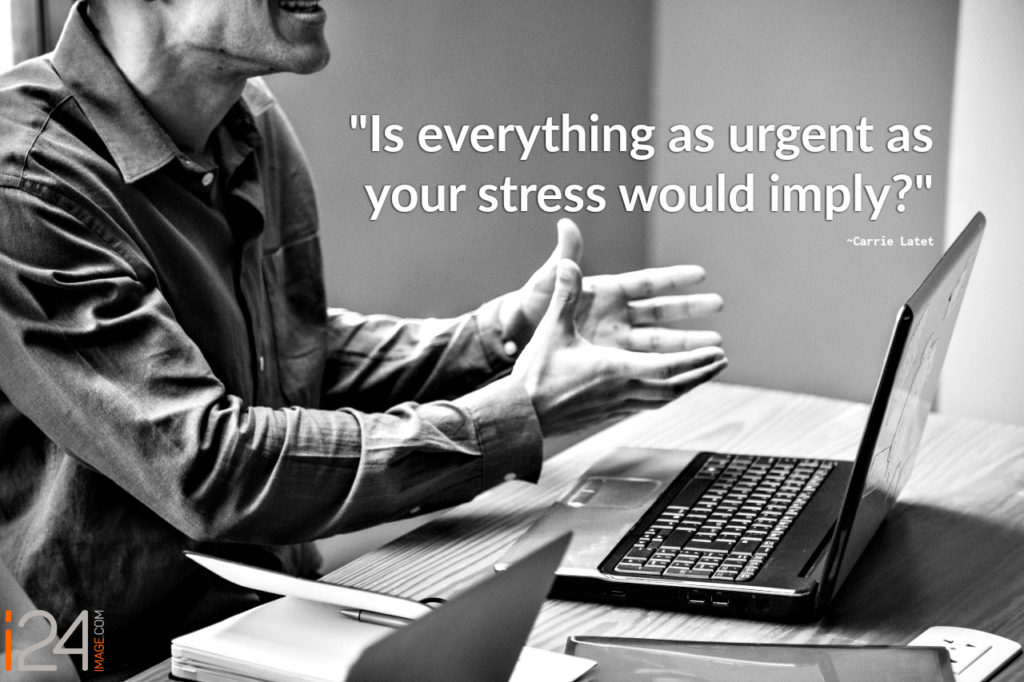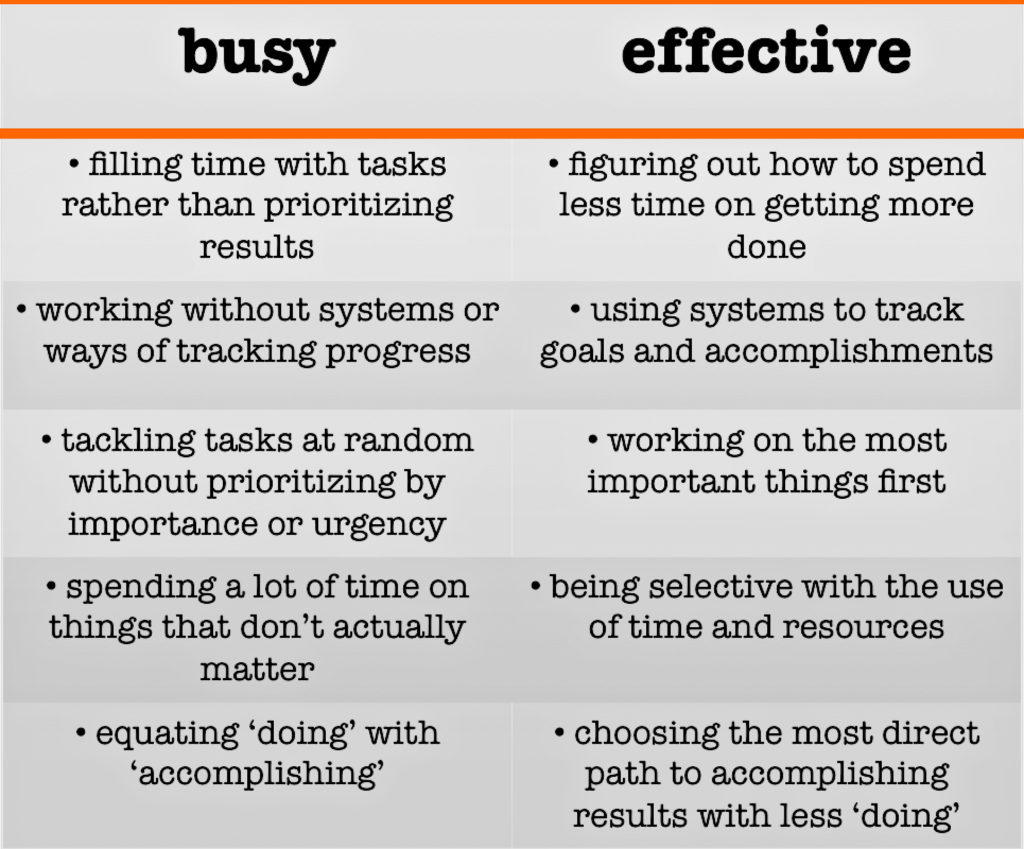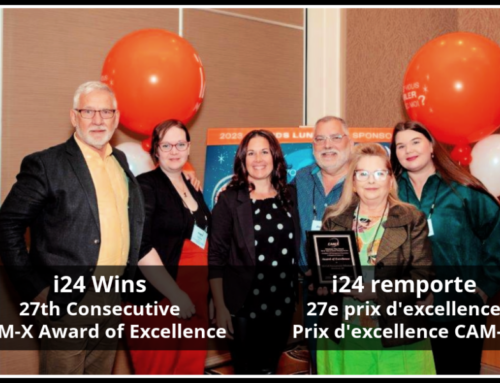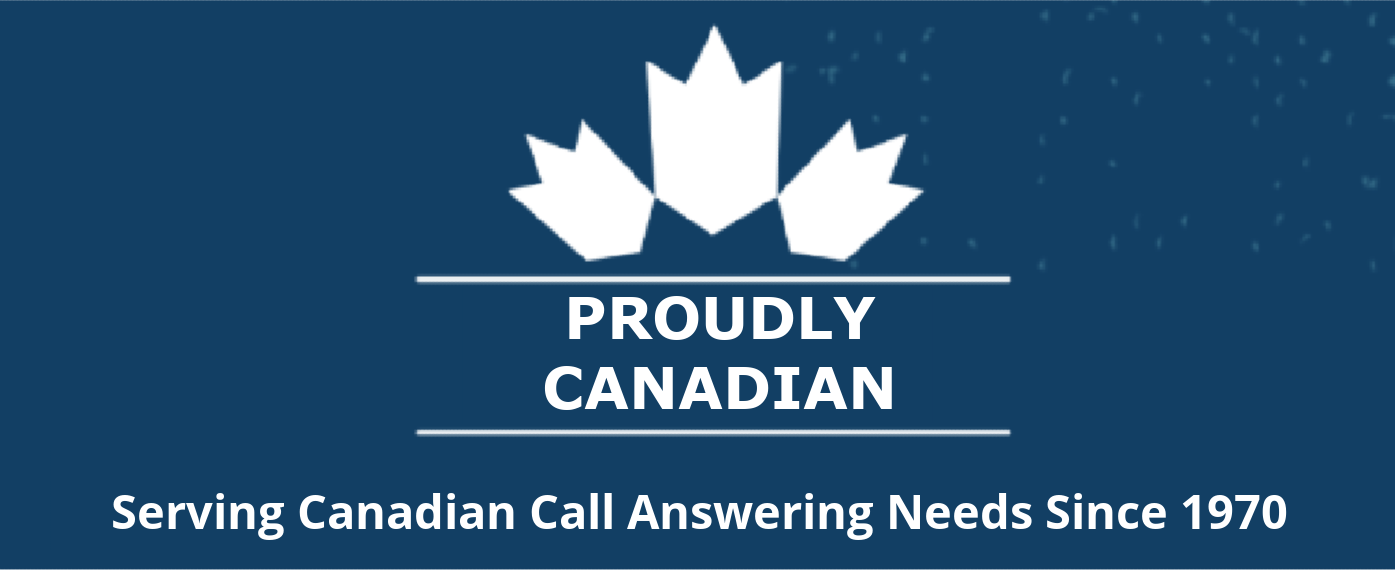
The obligation to look busy is deeply ingrained in our culture.
If you rush to close browser tabs, suddenly shuffle paper on your desk, or hammer gibberish on your keyboard when the boss approaches, you’re hooked on “looking busy”.
Maybe it’s generational but if you’ve been in the workforce for a while, you still likely wear “I’m busy” as a badge of honour.
“Look at me. I’m a hard worker. I’m indispensable.”
This is particularly true in English-speaking North America.
It plays out in the well-documented reluctance of people to take vacation time or sick days.
There is an unspoken but very present pressure to ‘show up’. The unfortunate consequence is lost productivity and high turnover as people burn out.
“No one’s allowed to be sick. Sickness is weakness,” says LeaAnne DeRigne, associate professor of social work at Florida Atlantic University.
The exponential growth of communication technology that leaves us constantly connected to our work makes multi-tasking a business virtue. How many job postings have you seen that lists ‘multi-tasker’, ‘deadline oriented’, and ‘thrives under pressure’?
One of the biggest fallacies that have seduced the business world in the last decade or two, is that the ability to multitask will get you ahead in business.
Recent neuroscience research tells us that the brain can’t perform tasks simultaneously. What it can do is switch between tasks very quickly.
Appearing to do numerous things at the same time makes us look busy and we’ve been conditioned to “look busy” if we want to keep our jobs.
Everything is vying for our attention at the same time. If our brain can’t perform multiple tasks simultaneously, how then are we able to multi-task?
Well, we’re not.
Mitch Joel suggests in a recent post that we may instead be able to task-stack. It depends on context and the tasks.
He uses an example of doing your daily exercise while listening to or reading a book – multi-stacking.
Other examples:
Reading a book while going to the bathroom? (Or checking your smartphone – c’mon, we all do it)
Deleting emails and grazing newsletters while coming up with ideas?
Reading/listening to a book on your commute to work?
What these tasks have in common, he says, is that they can be done at the same time without one stealing energy (physical or psychological requirements) from the other.
Is this possible with work tasks?
The evidence suggests that it’s not.
People who are regularly bombarded with several streams of electronic information do not pay attention, control their memory or switch from one job to another as well as those who prefer to complete one task at a time, a group of Stanford researchers has found.
One of the biggest contributors to stress is having a feeling of not being in control.
When we’re bombarded with information or are faced with an endless list of tasks and unopened emails, we feel overwhelmed.
Managing your time and tasks goes a long way to minimize stress.
Time management tips for ‘busy’ people.
Starting a new day with your priorities already set gives you confidence and puts you back in the captain’s seat. Other tips to reduce stress and release you from the “looking busy” treadmill are:
Get comfortable with saying “no”.
If you’re constantly responding to interruptions and request, you’re sabotaging your own work progress. Emergencies do happen that need immediate attention. All other demands should come second to your defined goals.
Get rid of distractions –
I use a Chrome app called OneTab that hides browsers tabs that you’re not using.
Segment your tasks.
You can’t eat an elephant in one bite. Break your tasks into manageable pieces.
Schedule your email checks.
Delete subscriptions you don’t use and sort your mail in folders or by priority.
Know your goals. –
Know which tasks require immediate attention
Prioritize.
Stephen Covey, the co-author of First Things First, offers an organizational tool for your to-do list based on how important and urgent tasks are.
Important and urgent — Tasks that must be done. Do them right away.
Important but not urgent — Tasks that appear important, but upon closer examination aren’t. Decide when to do them.
Urgent but not important — Tasks that make the most “noise,” but when accomplished, have little or no lasting value. Delegate these if possible.
Not urgent and not important — Low-priority stuff that offers the illusion of “being busy.” Do them later.
“Lack of direction, not lack of time, is the problem. We all have twenty-four hour days.” – Zig Ziglar
Be prepared.
As Director of Virtual Reality for i24 Call Management Solutions, I meet with the Sales and Marketing team at the top of each morning to discuss where we are in relation to our goals.
We give each project, whether it’s generating new leads, closing mature ones or launching new marketing campaigns, a list of priorities for the day.
While we have our own daily lists, synchronizing our tasks this way ensures we are moving in the same direction. It also gives us added incentive to stay focused as we don’t want to be “that guy” on the team.
However, if you’re like Douglas Adams, none of this may matter.
“I love deadlines. I like the whooshing sound they make as they fly by.” – Douglas Adams
Being busy is not the same as being effective.
It’s time we traded in our “I’m Busy.” badge with an “I’m organized.” one.
We’ll have less stress, more time and, not only will we get more done, we’ll get the right things done.














Leave A Comment